The Canada Greener Homes Grant scheme is investing $2.6 billion over 7 years to help up to 700,000 Canadian homeowners across the country improve the energy efficiency of their homes and reduce their energy bills with grants of up to $5,000 to make energy-efficient retrofits to their homes and up to $600 to help with the cost of an EnerGuide home energy evaluation.
To help homeowners and build on these measures, the 2021 Federal Budget also proposed $4.4 billion over 5 years, starting in 2021-2022, to help up to 200,000 homeowners complete deep home retrofits in Canada through interest-free loans of up to $40,000 to make poorly-built homes significantly more energy efficient.
$40k interest-free loans for green home renos in Canada, eligibility and how to apply
Details will soon be available on the $40,000 Greener Homes interest-free loan for 2021 that incorporates and builds on the energy audits and grants already available - so sign up here for a free Ecohome membership, and we will let you know as soon as the application and eligibility requirements are announced and the application process is open.
What are the best green home upgrades to do with grants and tax credits?
To make the best use of green home improvement grants and tax incentives, you'll want to spend that money on repairs that will offer you the best return on your investment. The most important principle of green home building, in our opinion, is to reduce consumption in passive ways first. That means – spend money on insulation and airtightness first, then look at the cool energy-saving gizmos.
It's not that we don’t like gizmos (see our favorite energy efficiency smart home gadgets here), but gizmos break down and insulation doesn’t. No one ever called an insulation repair person in the middle of the night because their insulation suddenly stopped working and their house was starting to freeze. But you can be sure that furnace repair companies have gotten a few such calls.
We're often asked if better insulated homes are worth the money, and the answer is a resounding yes every time. It's actually the cheapest way to build and live. And even being able to sell your home in the future may depend on it being energy efficient, as we will soon have mandatory energy labelling of homes before resale in the US and Canada, just like what is already a condition of sale in Europe.
You may simply not be allowed to sell your house in the future if it doesn't meet certain energy standards, making it even more essential to make the best use of renovation incentive programs.
What makes a home energy efficient?
Build a house airtight and well-insulated, because those things will last. Your furnace, boiler and heat pump on the other hand, will at some point ask you to pony up some cash if you want them to keep working. For home renovations it is important to focus on the same things. You will carry out work a bit differently with green home renovations compared to building a new home, but the principles are the same so start here with understanding - how much insulation does a house need?
And it’s best to learn that here from us, because we don’t have a skin in the game. A builder on the other hand does, since they want the job and they want to make as much money as possible, so you’ll get a myriad of answers if you ask them that question.
The next thing you need to know is why it is so important to build a house airtight. Air leakage accounts for 1/3rd of heat loss in homes and causes moisture damage in walls as humid air escapes through tiny holes.
Air barriers can be anywhere in the wall and can rely on many different types of material. So, how to create an air barrier depends on whether you are carrying out work on the inside of the house or the outside. Learn about the best way to insulate exterior walls here, since that is the easiest way to make a house airtight during renovations since you will need a weather barrier.

Even the house wrap you select will make a difference in performance and durability, see our page on choosing the best weather barrier for a house.
Now that your walls are super-insulated and airtight, or arguably even before, you need to find the best way to insulate an attic. It needs to be done carefully and by qualified professionals because it is essential to make sure you attic is well ventilated.
If you fix your walls and roof but something still smells funny, it’s likely your basement. There is where the biggest mistakes in home building are carried out. Have you ever asked yourself why does my basement smell moldy? There is a quick and easy answer – because a long time ago someone probably poured concrete into a wet hole in the ground, slapped some 2x4s against it and covered it with a sheet of plastic.

What could possibly go wrong with that you ask? Because organic materials that are kept wet will rot, full stop. If you want to test that theory, try this- the next time you pull your laundry out of the washing machine, stick it in a plastic bag instead of the dryer and see how it smells in a month. Spoiler alert - it will smell just like a 20 year old finished basement! Learn the best way to renovate and insulate basements here.
Another big ticket item for energy efficient home upgrades is replacing windows, but that is rarely going to offer a return on investment within your lifetime. It may cost 20K to replace old windows in a house, and you may only save 5k in energy over the life of the house, so don’t jump into that one too quick either. See here about when to replace windows and when to repair them, and if you're getting condensation streaming down windows, here's how to fix that.
Moving now to the option of replacing heating systems with green renovation tax credit money. Replacing old and inefficient furnaces makes sense as they usually have a limited life span anyway, but it can also be a good time to switch to a clean energy home heating fuel as well. In many states and provinces heating with gas is popular and affordable, but that may not always be the case as fossil fuels continue to dwindle and rise in price.
Compare with Europe for example, where "natural" gas is being phased out - in fact the UK has banned all gas powered heating in new homes as of 2023 - so the writing is on the wall for North America too we figure. Heating homes with electricity can be clean and affordable regardless of high electricity rates if your house is well-sealed against heat loss and if you choose an efficient heating system like a heat pump. Heat pumps can be up to 3 times cheaper to operate compared to noisy baseboard heaters.

We see endless renovations carried out by well-intentioned builders that don’t have a clear understanding of how houses actually work, and this leads to higher utility costs and premature failures of homes. This is why we always encourage homeowners to educate themselves on the basics before choosing a green home builder, that way you know what to ask a contractor.
You will find all the information you need for building and renovating in our green home building guide, and if you don’t find what you’re looking for check out our green building discussion forum, and leave a question of your own if you don’t find all the answers you need.
Now you know about the 2021 Canada Greener Homes interest-free loan scheme. Learn more about Canadian and US renovation tax credits and incentives, as well as green home improvement ideas in the pages below and in the Ecohome Green Building Guide pages.
Find out about the benefits of a free Ecohome Network Membership here. |




















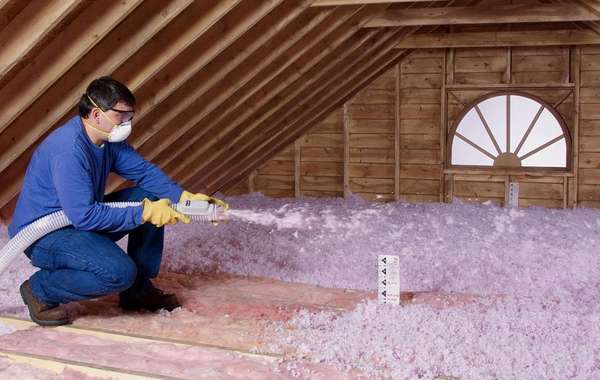
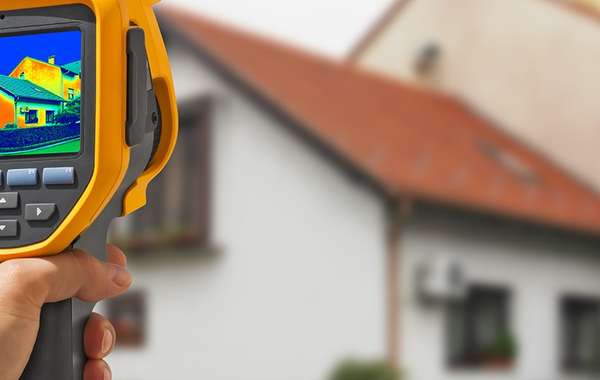
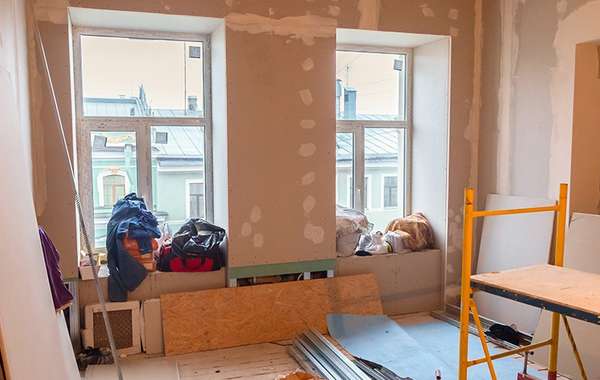

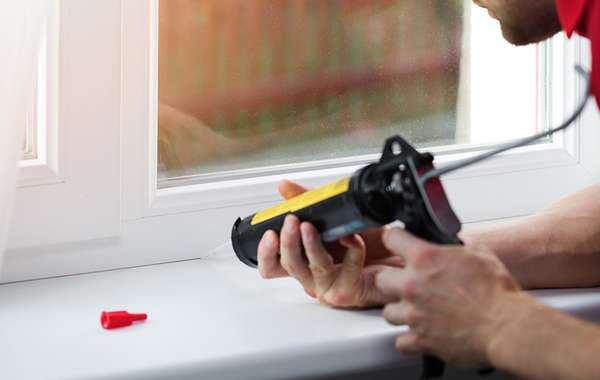

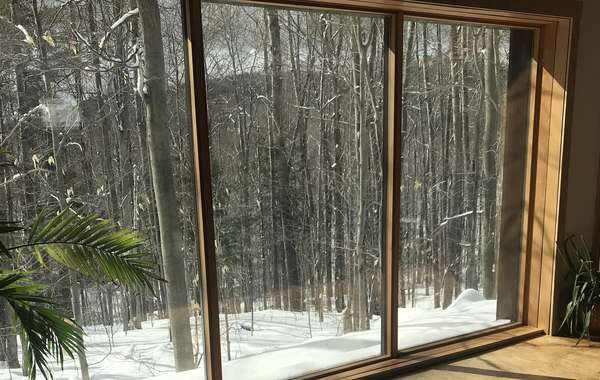

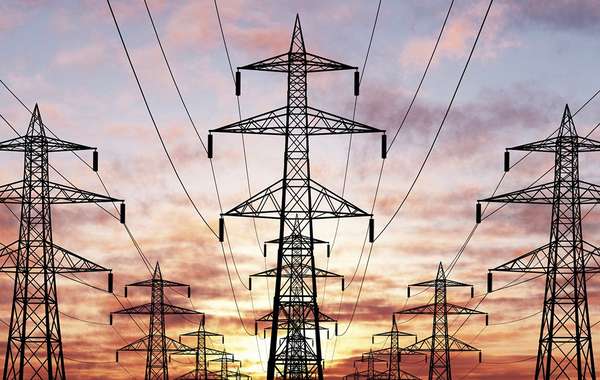
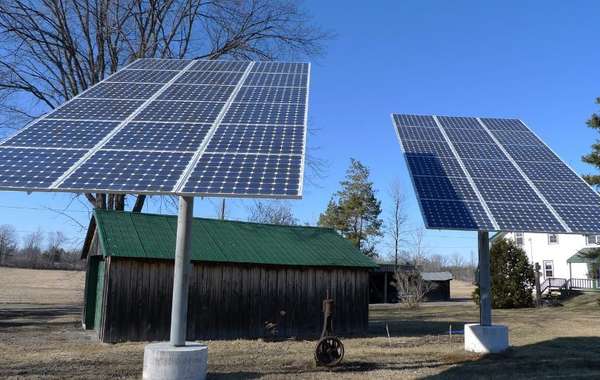
nice
Do we yet have anymore news on this program? I certainly hope it won't be tied to the grant program which seems to be of little benefit to those of modest means who can only manage smaller projects.
We don't have any more news yet but we're keeping an eye on it. To find out as soon as we do you can join Ecohome as a member for free and get our newsletter, we will for sure post something when we hear more.
Can't see the problem with tying it to the audit and grant program. If you can get interest free $40k and use some of that to pay for the things that you'll get $5k back for, why not? I acknowledge that, as ever, free money that is just a refund really doesn't help people who have little extra money to put into things up front. All well and good saying "spend $20k and we'll give you $5k back" if you don't have $20k. An interest free loan at least gives you the potential to pay back the loan out of the energy savings you're generating.
7 months later and we're still twiddling our thumbs, it seems. Last budget was tabled in April 2021, made law in June, and.... crickets.
But there's this:
https://www.cmhc-schl.gc.ca/en/professionals/project-funding-and-mortgage-financing/funding-programs/all-funding-programs/canada-greener-homes
Says "Details are anticipated to be announced in early 2022 on the Greener Homes interest-free loan that incorporates and builds on the energy audits and grants available."